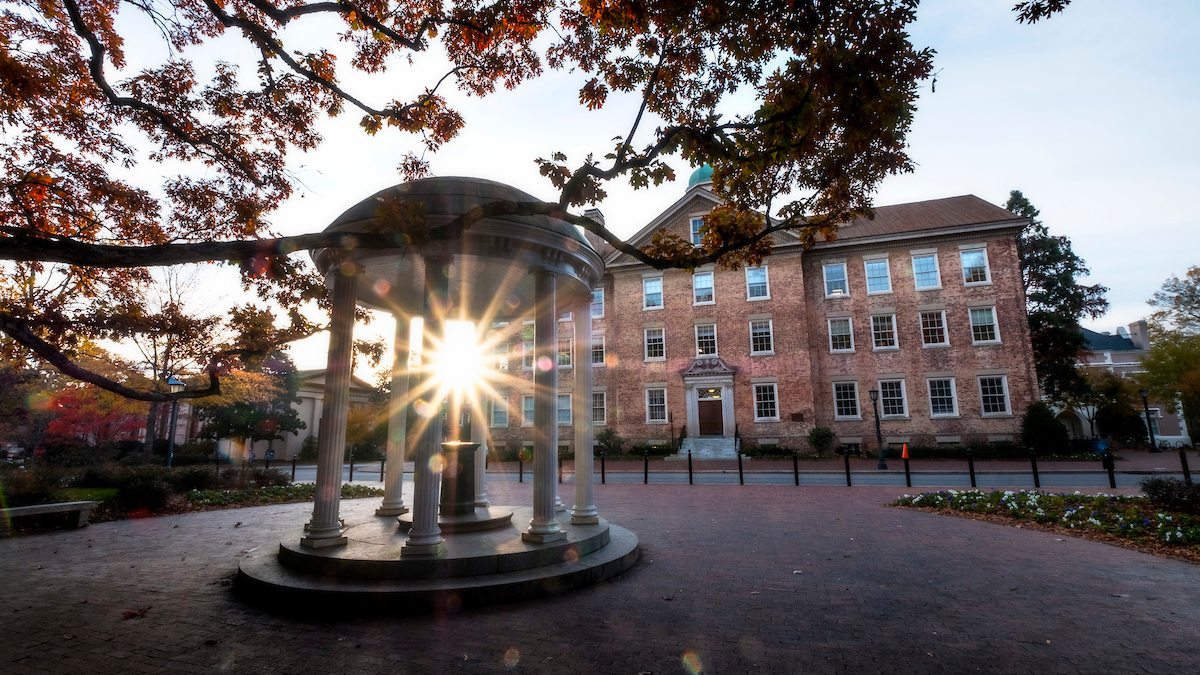Message from campus leaders on students following social distance guidance
"This is a matter of significant public health safety. If our students are not following the orders to stay at home and practice social distancing and other safe hygiene practices, they may be transmitting the virus to the people they come in contact with unknowingly."

Dear parents and family members,
Today we write to you with an important “ask” as we work to ensure all measures to protect public health are followed — to have an important family conversation with your student(s) about their critical role in preventing the spread of COVID-19. We ask this of you as University leaders and parents ourselves.
We are dealing with an extremely contagious and potentially deadly virus, and the Centers for Disease Control and Prevention believes that many cases are occurring due to asymptomatic spread. This means that someone may have the virus and be able to spread it to others but not exhibit any symptoms, and of course they are not aware they have the infection.
The University is hearing reports that students continue to gather in large groups off campus with disregard to the social distance guidance that we and others have continued to urge. This is more than asking our students to follow direction. This is a matter of significant public health safety. If our students are not following the orders to stay at home and practice social distancing and other safe hygiene practices, they may be transmitting the virus to the people they come in contact with unknowingly. This could include transmitting it to their parents, grandparents, pregnant women and newborns who appear to be in even greater danger of rapid and even fatal progression of the disease.
We realize many students may be confused by early reports indicating that those aged 18 to 22 are not impacted by the disease. This is not accurate. Young people can catch COVID-19 and there are instances of even healthy people in their 20s being hospitalized and dying due to the virus. In addition, people of all ages who continue to socialize and participate in group activities can be what experts call “Super Spreaders,” who can create a large cluster of infected people among their friends and families. Such irresponsibility has the potential to place further stresses on our health care system, which is already working to manage a growing high volume of patients.
Orange County and the Town of Chapel Hill have issued stay at home orders, effective March 27 at 6 p.m., and Governor Cooper has issued a stay at home order for North Carolina, effective March 30 at 5 p.m. UNC Police and the Chapel Hill Police Department will ask groups of 10 or more to disperse when they are identified, but we should not have to use our public safety resources to monitor this behavior during a pandemic.
We urge you to speak with your young adults today, especially if they are remaining here in Chapel Hill on or off-campus, about the high stakes of their decisions. Please take time to have this family conversation. We have included several resources to help your conversations our COVID-19 webpage. We have communicated with them about the importance of social distancing, staying at home, and listening to the guidance of experts, and we will continue to do so. We are also asking for your help to reinforce these critical messages.
Thank you.
Sincerely,
Kevin M. Guskiewicz
Chancellor
Robert A. Blouin
Executive Vice Chancellor and Provost
Dr. Myron Cohen
Associate Vice Chancellor for Global Health and Medical Affairs
Yeargan-Bate Distinguished Professor of Medicine, Microbiology and Immunology, and Epidemiology
Director, Institute for Global Health & Infectious Diseases




